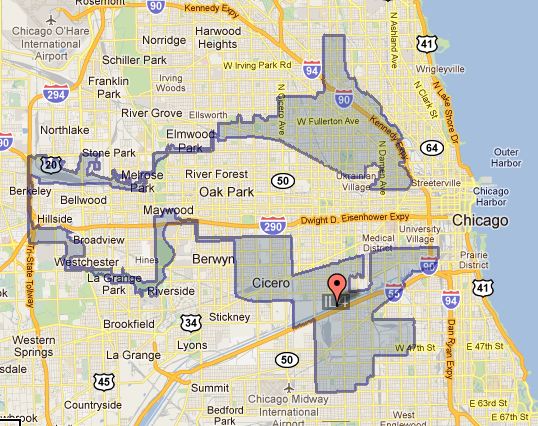- Joined
- Jan 18, 2012
- Messages
- 10,665
- Reaction score
- 15,820
Because they have less power at the state level and are losing the districting battle, they want to use their little bit of federal power to stop it..You aren't wrong. But with a Red-gerrymandered landscape and a blue majority, the Dems are in a place to actually want to do something about it. If they were benefiting from widespread gerrymandering yeah no, but the Dems aren't the nationally organised REDMAPers
I love it and hope they pull it off, but anyone thinking that they’re trying to do the “right thing” is choking on dem blue balls.



